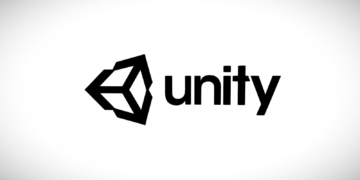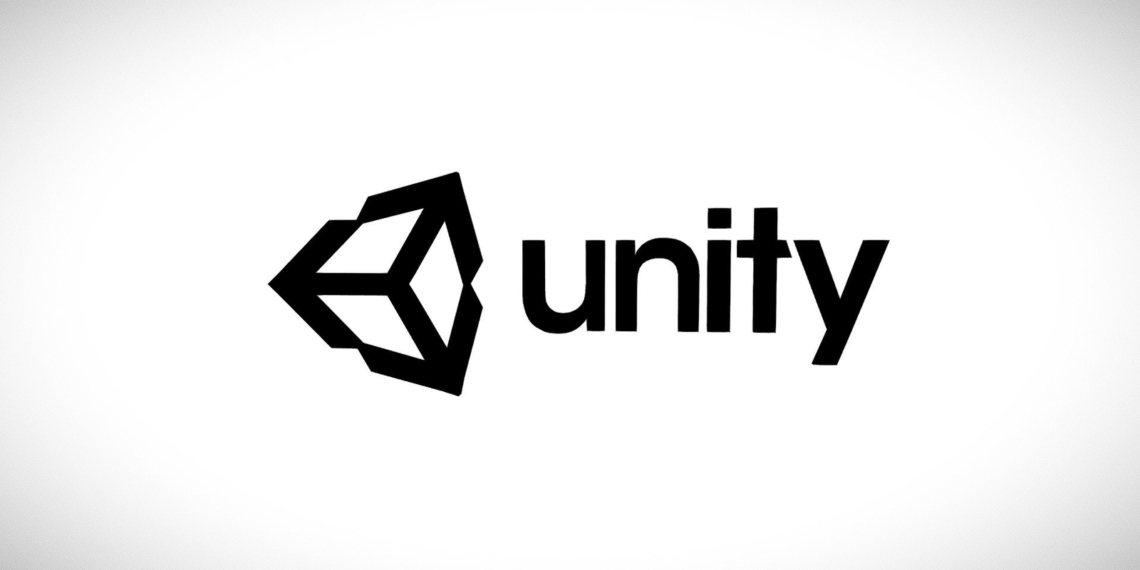Unity, the creators of game development software widely used by developers worldwide, have recently unveiled a significant shift in their pricing structure. Termed the “Unity Runtime Fee,” this new approach means that certain game developers will now incur an additional charge for each player who installs and plays their game.
In response to the initial backlash from the game development community, Unity issued a follow-up statement, clarifying that this price adjustment would apply to only a specific subset of current Unity Editor users.
Developers will face the Unity Runtime Fee only when their games meet specific criteria. For instance, developers using Unity Personal or Plus editions will be subject to charges per-game installation if their game has generated $200,000 USD in revenue within the past 12 months and has accumulated 200,000 lifetime installations.
On the other hand, Unity Pro and Unity Enterprise users will be charged per-install for games earning $1 million USD in the past 12 months and boasting 1 million lifetime installs.
The fee per-install also varies according to the Unity version used, and the tracking of installations will commence on January 1st, 2024.
For instance, consider a scenario where a developer utilizes Unity Plus. If their game generated $200,000 in revenue during 2023 and sells its 200,001st copy on January 1st, the cost for that player installing the game will amount to $0.20 USD. Subsequent installations by new players will similarly incur an additional charge of $0.20.
Developer Concerns and Criticism
Since the announcement, several developers have voiced their concerns and criticism, primarily focusing on how installation numbers are tracked and the abrupt nature of the pricing adjustment. This change particularly affects developers who chose Unity as their game development platform years ago and are now apprehensive about future changes or potential price hikes.
Garry Newman, of Facepunch Studios, the developer behind the Unity-based game Rust, revealed that this pricing model would have resulted in an extra cost of $410,000 USD if it had been in place since the game’s release. He emphasized that this represents a significant additional financial burden for even a successful developer to manage in 2024.
Unity responded to the criticism by stating, “Today, a large majority of Unity Editor users are currently not paying anything and will not be affected by this change. The Unity Runtime fee will not impact the majority of our developers.” They further clarified that this fee would primarily affect developers with highly successful games generating revenue well above the outlined thresholds, ensuring that developers building their businesses and growing their game audiences remain unaffected.
Unity’s Decision and Impact on Small Indie Devs
Unity has also eliminated its entry-level $40/month Unity Plus subscription tier, while the free Unity Personal tier and Unity Pro, priced at $2040 annually, remain available.
This change has sparked reactions within the indie development community, with some feeling that it negatively impacts smaller indie developers aiming for a more professional appearance without the Unity splash screen.
Unity has faced challenges in the past 18 months, including significant layoffs and criticism related to partnerships. The company’s CEO, John Riccitiello, also made headlines for comments about indie developers and monetization. Unity’s recent pricing adjustments add another layer of complexity to their ongoing journey within the gaming industry.

















































Discussion about this post